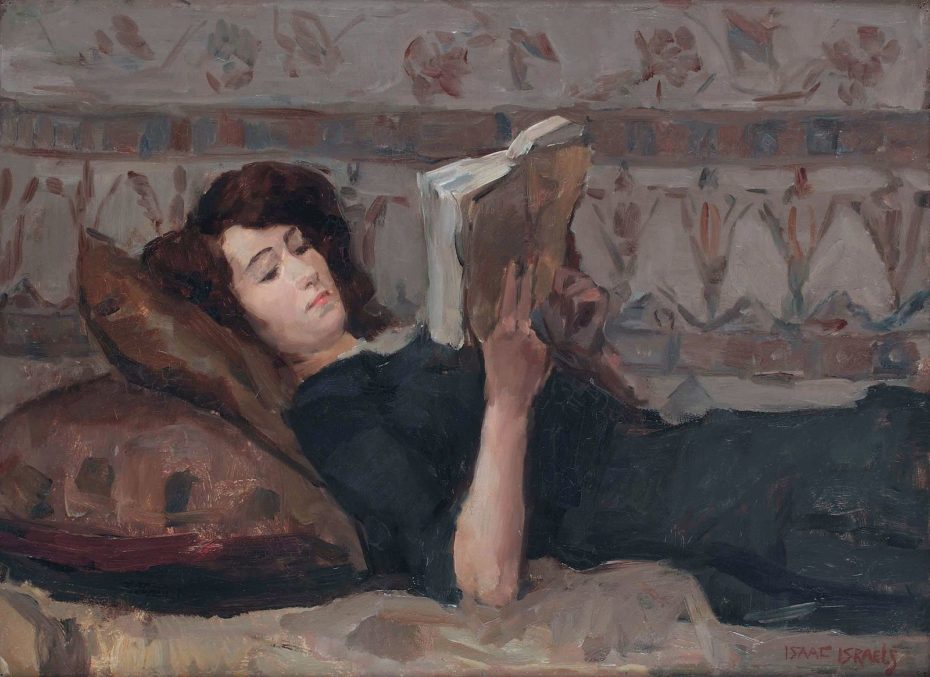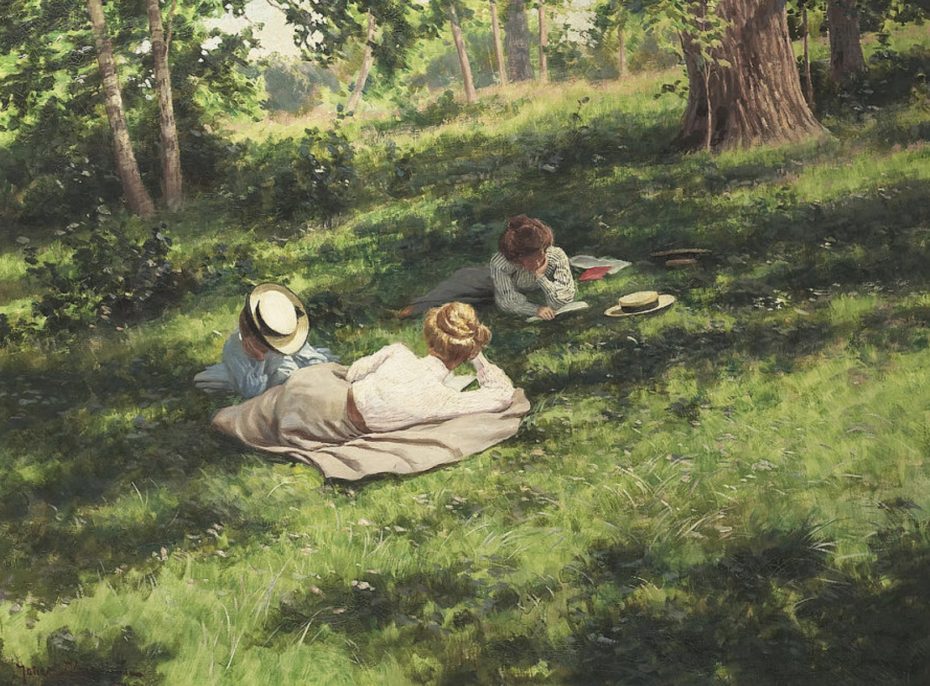
It may have taken its sweet time for summer to get here, but it’s definitely going full bore right now. And with the sun, comes the fun – including gloriously long and uninterrupted periods alone with a book.
For the third straight summer McGill Reporter readers have delivered a list that is as diverse as it is thought-provoking. With contributions from staff, students, faculty – including the Dean of the Faculty of Law – the McGill Reads, Summer 2019 list is an eclectic mix of fiction and non-fiction; whimsical and profound; local and international; and classics and contemporary.
Thanks again to everyone who sent their suggestions! Have a great summer full of sunshine, laughter and great reads!
****
We’ll kick things off with Nigel Roulet, who perfectly captures the spirit of summer in his email.
“At the cottage reading Amitav Ghosh’s The Great Derangement; Conn Iggulden’s Stormbird – the first in the War of the Roses series; Jared Diamond’s Upheaval: Turning Points for Nations in Crisis; and because we are on Bruce Beach, in Grey County, Ontario, Ken McGoogen’s Celtic Lighting – How the Scots and Irish created the Canadian Nation (picked this up at Condor Books in downtown Kincardine),” writes Roulet, the Department of Geography Chair and the Distinguished James McGill Professor of Biogeoscience. “Summers are not only for reading but exploring bookstores. Weather report 24 C and not a cloud in the sky.”
****
Susan Mintzberg, a PhD candidate in the School of Social Work, offers six suggestions for people looking for a good read. However, Mintzberg admits that not all the suggestions are hers. “The list also includes suggestions from my 14-year-old daughter Laura who is an avid reader,” she says.
- Tales of the City series, by Armistead Maupin (nine books). “A fun read, light but well written and entertaining. Great for summer reading.”
- The Old Man Who Read Love Stories, by Luis Sepúlveda.
- Happiness, by Will Ferguson “A fun read.”
- Educated, by Tara Westover. “A bit of a heavy story but a great read.”
- Bull, by David Elliot. “Several poems that are put together to tell the story of the minotaur from the perspective of different characters.”
- Some of John Greene’s books (The Fault in our Stars; Turtles All the Way Down, Looking for Alaska). “These are teen books but so well written with rich stories and are quick reads since they are geared to younger readers, but content and writing style suited to adult readers as well.”
****
Clara Troje, who “just graduated with a Bachelor of Music” has her sights set squarely on one book, The Beach, by Alex Garland.
****

“I picked up Les Trois Mousquetaires on a whim – I was apparently in a swashbuckling mood in the used book store – so that will be the first book of the summer,” writes regular contributor Torsten Bernhardt, course administrator and pedagogical developer in the Department of Biology. “My own pile of unread books is still very tall but as I’m going to be house sitting for some friends for the rest of the summer much of my reading will depend on what I find while picking through their collection. O brave new shelf that has such books on’t!”
****
Leilani Ku, Associate Director of Communications at the Desautels Faculty of Management recommends a pair of books, Bedtime Stories for Managers, by Henry Mintzberg; and Kafka on the Shore, by Haruki Murakami.
****
“I love the reading list you compile each year. This year, I thought that I’d share mine,” writes Diane Dechief, Faculty Lecturer, McGill Writing Centre.
“I just started reading Born Standing Up, by (the) Steve Martin and it’s so good. Martin is one of those writers who lets you forget that you’re actually reading – you seem to just absorb a really interesting, colourful story.”
“I also intend to read Showa 1926-1939: A History of Japan. This graphic novel was created by Shigeru Mizuki and translated by Zack Davisson. It’s the first of four graphic novels that allow English readers to learn about Japanese history through a vibrant form that is especially popular in Japan,” says Dechief.
“Rounding out my list is There There by Tommy Orange. This novel presents an opportunity to learn and gain empathy while enjoying an acclaimed, funny book about contemporary Indigenous folks.
****
Andrew J. Mouland, a Senior Investigator at he Lady Davis Institute says he will be tackling Mitch Albom’s Tuesdays with Morrie.
****
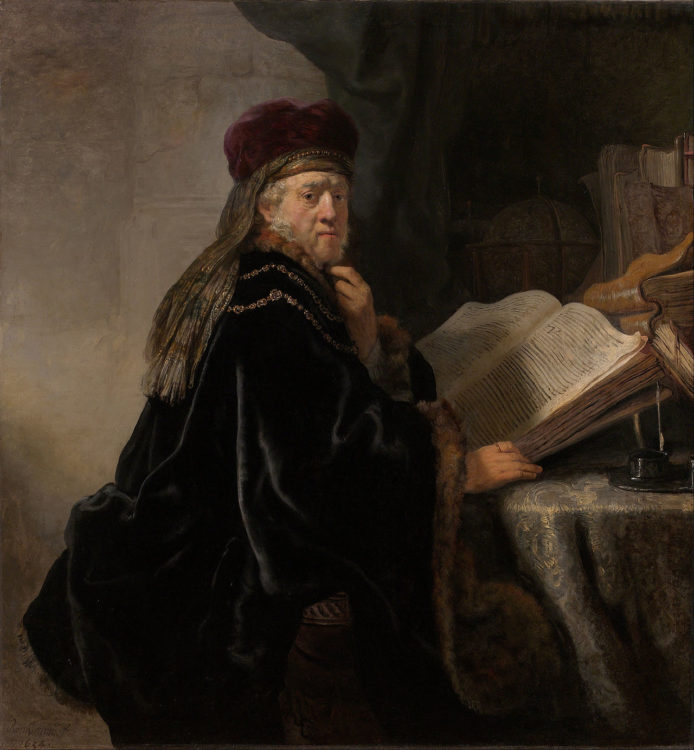
Who better to recommend reading material than Joseph Hafner, the Associate Dean of Collection Services at McGill Library?
“One I can suggest to read that is a television tie in is A Discovery of Witches, by Deborah Harkness,” writes Hafner. “Set at Oxford, witch and Yale historian Diana Bishop discovers an enchanted manuscript, attracting the attention of 1,500-year-old vampire Matthew Clairmont. The orphaned daughter of two powerful witches, Bishop prefers intellect, but relies on magic when her discovery of a palimpsest documenting the origin of supernatural species releases an assortment of undead who threaten, stalk, and harass her.”
“Something for summer…”
****
“My suggestion might not be very original but I am currently reading and enjoying Americanah, by Chimamanda Ngozi Adichie,” writes Stéphanie Laroche-Pierre, Student Affairs Administrator for the McGill Global Health Programs, “I find it gives a good perspective of life in the ‘Global South’ and going to North America and Europe from there.”
****
Pauline Perot Bonnell, Student Advising Administrator for the Faculty of Arts, recommends a pair of books including Pulitzer Prize-winning Barbarian Days: A Surfing Life, by William Finnegan; and The Blackhouse, by Peter May, the first book in the Lewis Trilogy.
****
Since the end of the semester, Justin Joven, a U3 student in Industrial and Labour Relations, has read a pair of books that he recommends, Obsessive Genius: The Inner World of Marie Curie, by Barbara Goldsmith; and The Book of Hygge: The Danish Art of Contentment, Comfort, and Connection, by Louisa Thomsen Brits.
****
Myriam Audrey Larose is taking part in her second McGill Reads survey. “I recently read Weeds : In Defense of Nature’s Most Unloved Plants, by Richard Mabey, a lovely reflection on weeds delving into historical, biological and philosophical topics,” writes the Immigration Advisor in the Faculty of Science. “I now plan on reading Just Weeds: History, Myths, and Uses, by Pamela Jones. My goal is to be able to identify all the weeds growing in my yard before deciding whether to destroy them, eat them, or let them be.
“I’ll also continue to work my way through Karl Ove Knausgaard’s six-volume autobiographical work, My Struggle. Astute readers will remember I started on that odyssey in December. I am now starting Volume 3,” says Larose. “It’s fascinating: it feels like nothing ever happens in the story yet I feel compelled to keep reading, often out loud.”
****
Shreya Krishnan, a graduate student in Biochemistry is planning to read the following five books this summer:
- Guns, Germs and Steel, by Jared Diamond
- The man who knew infinity, by Robert Kanigel
- The Gene, by Siddhartha Mukherjee
- Into the Water, byPaula Hawkins
- Origin, by Dan Brown
****
Kendra Gray, Internships Officer in the Office of Student Academic Services at Macdonald Campus, is a longtime contributor to McGill Reads who never disappoints with her insights.
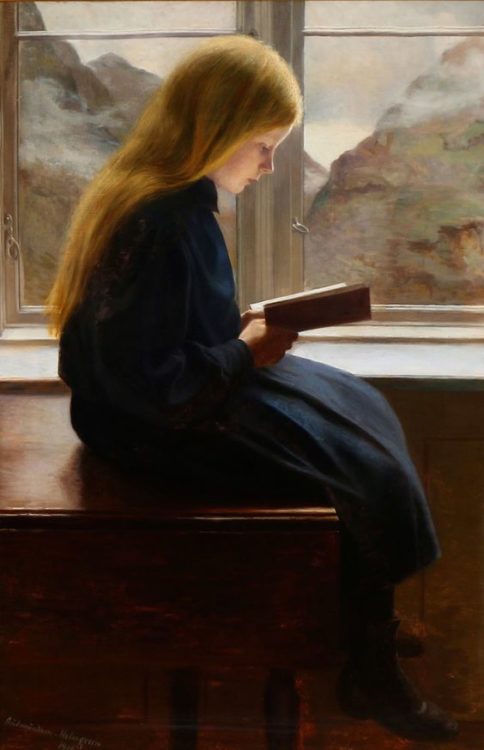
“One of the chants at the recent Reclaim Pride March in New York City, an event held to mark the 50th anniversary of the Stonewall riots, was ‘Whose history? Our history,'” writes Gray. “As Masha Gessen recently pointed out in an article about this anniversary, there is a theory that identity can be divided into two categories – vertical and horizontal. Vertical identities are passed down within groups that one is born into, while horizontal identities are based on shared experiences that may be distinct from the group one was born into – yet somehow members find each other.”
“My reading this summer is centered around identity and the stories we tell about ourselves.”
“Adrienne Clarkson’s Belonging: The Paradox of Citizenship focuses on the relationship between the individual and society by looking at different places and times in history,” says Gray.
“I’m looking forward to seeing how Ernest Hemingway’s expat characters of the post-WWI generation, their defining experience, navigate Paris in The Sun Also Rises.”
“I will finish John Lewis Gaddis’ The Cold War, a history of how so many places in the world redefined themselves based on the bi-polar ideology that emerged in the early 20th century,” writes Gray.
“And I will continue exploring the books of Albanian Ismail Kadare. I recently finished Spring Flowers, Spring Frost, a story that takes place in Albania a decade after the fall of communism, and focuses on one man in a community as the ancient traditions and stories re-emerge after decades of being underground, literally.”
“Finally, I am excited about My Butch Career: A Memoir by Esther Newton,” says Gray. “Born in 1940, she was nearly 30 when the Stonewall Riot happened. Throughout her career, she confronted challenges from an intolerant society, while also doing some of the first ethnographic work on gay and lesbian communities in the United States. Identity and belonging are based on a shared experience or a shared understanding of the stories we tell about ourselves, whether that sense of belonging comes from stories passed down for centuries in the Balkans and re-emerge after the fall of communism, or if it is ignited by a police raid in Greenwich Village. This summer, I look forward to learning more of these stories.”
****
Chantelle Thauvette, Editor, Enrolment Services, says she is going to read the following books:
- The Song of Achilles, by Madeline Miller
- An Unkindness of Ghosts, by Rivers Solomon
- Less, by Andrew Sean Greer
- Salvage the Bones, by Jesmyn Ward
- The Black Tides of Heaven, by Jy Yang
“Looking forward to seeing the finished list and discovering new reads,” she writes.
****
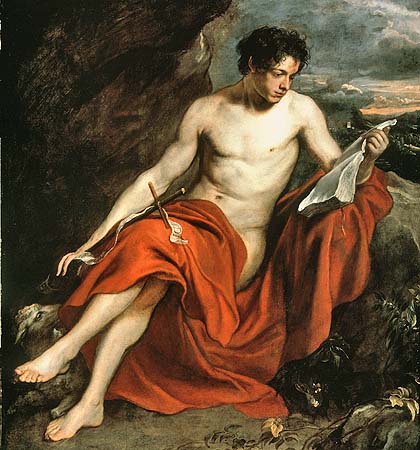
“My summer reading list is full of books, but I cannot decide on which to read. I am searching for something to lull me out of a long cold winter and cool spring,” writes McGill reads veteran Sacha Young, Ethics Review Administrator, Faculty of Medicine Institutional Review Board. “I have begun with Neal Stephenson’s Seveneves. I only heard of this book recently while listening to the podcast Ologies. I liked the idea of a writer working within the limits of current scientific knowledge and possibilities. I am intrigued by the storyline (moon explodes and only a fraction of humanity can be saved by living in space), but I am only a third way through because I keep turning to other books, such as Marlon James’s Black Leopard and Red Wolf and Andrew Chaikin’s A Man on the Moon: the Voyages of the Apollo Astronauts – I thought a fitting historical read as we approach the 50thanniversary of the Apollo 11 moon landing.”
“I am also looking to explore Stephenson’s more recent work Fall – I am curious to see how he managed the integration of the sci-fi and fantasy genres. If the out of the sci-fi/fantasy path does not work at sparking my summer there is always music,” writes Young.
****
PhD candidate Aaron Bowen-Ziecheck suggests people pick up Trail of Lightning, by Rebecca Roanhorse. “An easy read and interesting post-apocalyptic adventure from an indigenous perspective; also a Hugo Award finalist; perfect for summer,” he says.
****
“Here’s what I’m reading this summer (largely thanks to some recent thrift store finds,” writes Tara Simonetta Mann, Communications Officer, Content & Publications, University Advancement:
- Washington Black, by Esi Edugyan (“I just finished – it was excellent!”)
- American Gods, by Neil Gaiman (“my current read – strange but intriguing”)
- The Blind Assassin, by Margaret Atwood
- Island Beneath the Sea, by Isabelle Allende
“And anything else I can get my hands on!”
****
“I came upon The Truth about the Harry Quebert Affair, Joel Dicker two years ago by coincidence and I was hooked on all his books,” says Sofia Valanci, PhD candidate in Experimental Surgery. “Dicker keeps you at the edge of your seat, so this year I am reading his latest, The Disappearance of Stephanie Mailer. Also I am currently reading The Perfect Nanny, by Leila Slimany which is based on a true story and, of course, Becoming, by Michelle Obama is the best read for anyone in all ways of life.”
****
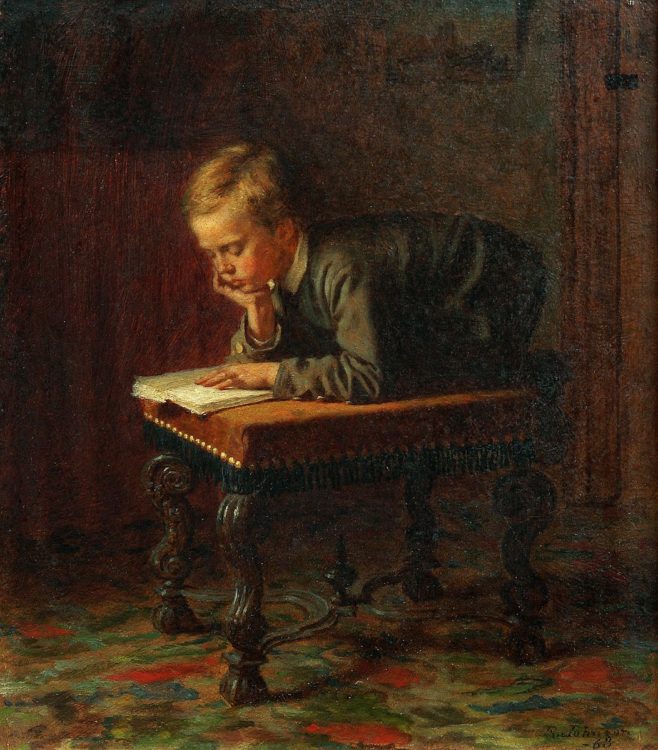
Claire Rawson-Dannenbaum is an Honours Political Science student who, so far this summer has read the Handmaids Tale, by Margaret Atwood; War Dances, by Sherman Alexie; Heart of Darkness, by Joseph Conrad. Currently I’m reading East of Eden, by John Steinbeck.
****
Robert Leckey, Dean of the Faulty of Law submitted a list of “mostly old stuff.” Leckey plans on reading Frederick Buechner, The Longing for Home; George Eliot, Middlemarch; Anthony Trollope, The Way We Live Now; John Buchan, The Thirty-Nine Steps; Kate Atkinson, Behind the Scenes at the Museum; and Adam Gopnik, A Thousand Small Sanities: The Moral Adventure of Liberalism.”
****
“I have two recommendations this year. I’m a sucker for nonfiction, so no novels on this list,” writes Erin McDonagh, Teaching and Learning Planner, Teaching and Learning Services.
The Five, by Hallie Rubenhold. “Rubenhold takes fragmentary evidence about the lives of the five victims of Jack the Ripper, and creates rich portraits of what it was like to be a woman, marginal, and vulnerable in Victorian society. Truly a remarkable book.”
Amity and Prosperity, by Eliza Griswold. “This one probably needs no introduction (it won the Pulitzer Prize for Nonfiction), but I can’t help but want to spread the word about this fantastic book. Griswold evokes the struggles of a woman living in Pennsylvania energy boom town, who, in the wake of her children’s increasingly severe illnesses, becomes an activist for government and corporate social and environmental responsibility.”
****
Anita Kar, Communications Officer at the Montreal Neurological Institute and Hospital is currently reading Awakened Family, by Shefali Tsabary
****
Fittingly, we end this year’s McGill Reads list with Caitlin MacDougall, Liaison Officer, Farm Management and Technology Program at Macdonald Campus.
“I’ve already finished reading or listening to 39 books this year, but with the aim of finishing 75 before the end of 2019, I need to keep up my summer reading to ensure I reach my goal (Thanks to Goodreads for the annual challenge and the easy way to track books, and to the McGill library through the Overdrive app for making audiobooks so accessible for those summer road trips!),” she says.
“In the last few months, I have read a lot of WWII historical fiction. I’m currently reading The Huntress by Kate Quinn, a multi-character historical fiction book that jumps from Soviet Siberia pre-WWII to Vienna and Boston post-WWII. Very captivating so far!”
“In a similar vein, Lost Roses by Martha Hall Kelly is on my summer reading list. A prequel of sorts to Lilac Girls, Lost Roses is inspired by real events and people, telling women’s stories about the Russian Revolution and WWI in a way that has been overlooked until recently,” says MacDougall. “After that I finish that one, I am anxiously awaiting my turn to read the library’s ebook copy of Nine Perfect Strangers by Liane Moriarty – the author of Big Little Lies, which I devoured in a couple days. I don’t even know what this one is about, just know I need to read all of her books!
****
